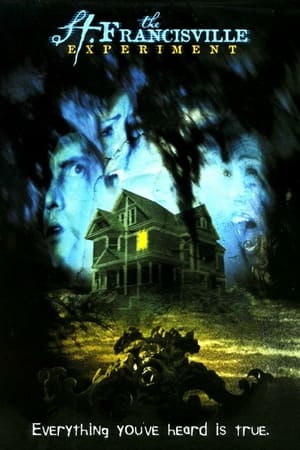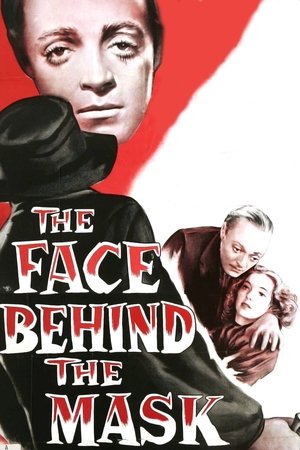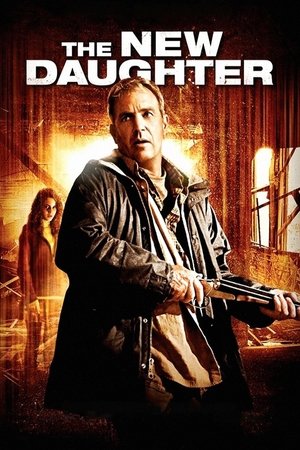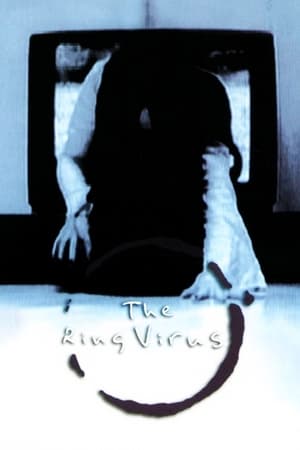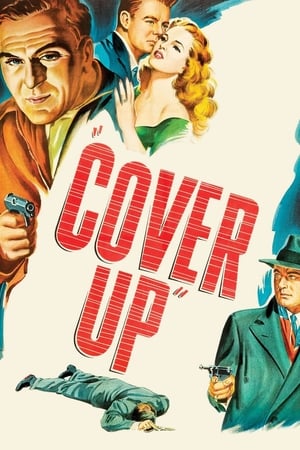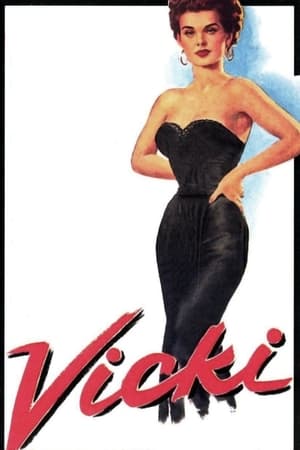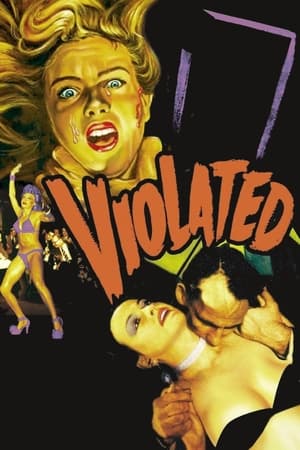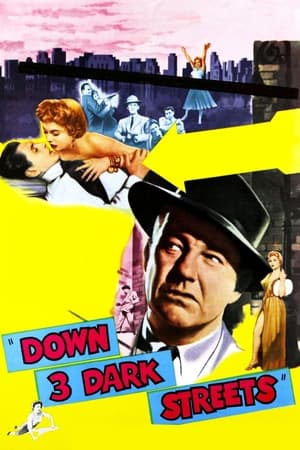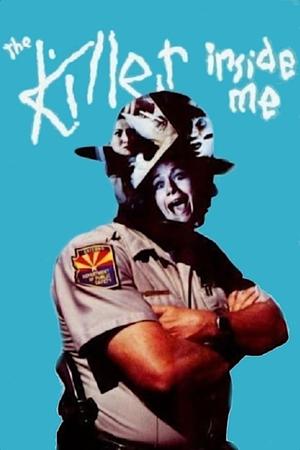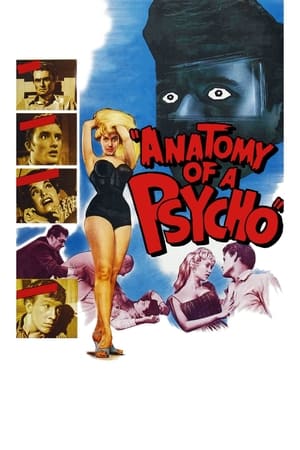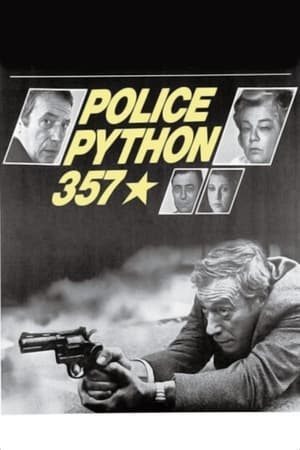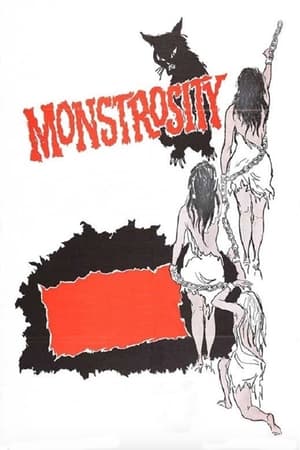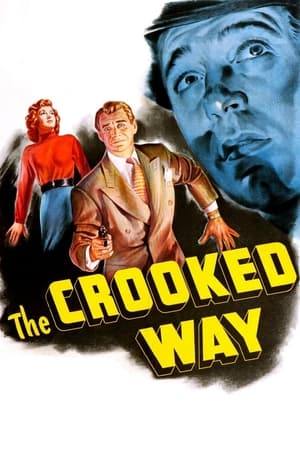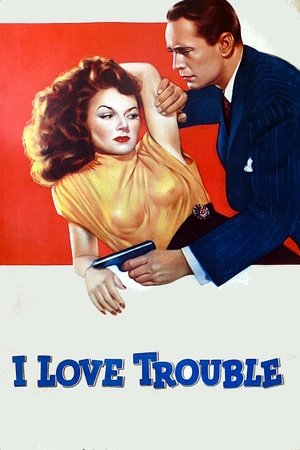Overview
In Victorian era London, the inhabitants of a family home with rented rooms upstairs fear the new lodger is Jack the Ripper.
Reviews
Your beauty is exquisite.
Victorian London, Whitechapple, and some maniac is slaughtering women with stage backgrounds. Could it be that the mysterious Mr. Slade who has rented the upstairs rooms from Mrs Burton, is the man known as Jack the Ripper? This part of London is cloaked in fog, the cobbled streets damp and bearing witness to unspeakable crimes, the gas lights dimly flicker as the British Bobby searches in vain for Bloody Jack.
The scene is set for what is to me the finest adaptation to deal with the notorious murderer, Jack the Ripper. A remake of the Alfred Hitchcock silent from 1927, this adaptation of the Marie Belloc Lowndes novel not only looks great (Lucien Ballard's photography creating fluid eeriness and film noir fatalism) but also chills the blood without ever actually spilling any. It's a testament to John Brahm's direction that the film constantly feels like a coiled spring waiting to explode, a spring that is realised in the form of Laird Cregar's incredibly unnerving portrayal of Mr Slade.
Laird Cregar, as evidenced here, was a fine actor in the making. Sadly troubled by his weight and yearning to become a true matinée idol, he crashed dieted to such a degree his poor 28 year old heart couldn't cope with the shock. After just 16 films, of which this was his second to last, the movie world was robbed of a truly fine performer, a sad story in a long line of sad incidents that taint the Hollywood story.
George Sanders and Merle Oberon (as police inspector and Slade's infatuation respectively) engage in a less than fully realised romantic strand, and Cedric Hardwicke dominates all the scenes that don't feature the might of Cregar, but really it's the big man's show all the way. Creepily enhanced by Hugo Friedhofer's score, The Lodger is a lesson in how to utilise technical atmospherics.
The moody atmosphere here hangs heavy and the sense of doom is palpable in the extreme, it comes as something of a relief when the ending finally comes, for then it's time to reflect and exhale a sigh of relief. Deviating from the novel, something which has over the years annoyed purists, The Lodger shows its hand very much from the off, yet this in no way hurts the picture. In fact if anything the exasperation at the supporting characters induces dry humour, The kind that comes in the form of nervous giggles out there in the dark, but rest assured, this is no comedy, it's a creepy classic from a wonderful era of film making. 9/10
This is quite a suspenseful drama set amongst the murderous goings-on of "Jack the Ripper" in Whitechapel in 19th century London. Laird Cregan is "Slade" - an imposing, secretive, man who takes up lodgings with Sir Cedric Hardwicke and his wife Sara Allgood. Gradually his nocturnal habits begin to arouse her suspicion, and coupled with the ongoing "Ripper" fears, they begin to suspect that he may not be on the level. These tensions begin to heighten when "Slade" meets their music-hall star niece "Kitty" (Merle Oberon) who also lodges with them. They enlist the help of "Insp. Warwick" (George Sanders) who is already working on the "Ripper" case (and who is also quite keen on "Kitty" too!), and together they have to act quickly to prevent more killings. It's atmospheric and well paced; the cast all deliver well and the ending - it reminded me a bit of "Phantom of the Opera" (1943) - is quite a climactic affair. Cregan has something sinister about him from the start - and his eyes do much of his acting for him here - full of menace. Oberon plays the damsel in distress quite convincingly, too. John Brahm and Barré Lyndon have collaborated well here and it is well worth a watch on a dark night!

 84 min
84 min
 6.463
6.463
 1944
1944
 USA
USA
 John Chard wrote:
John Chard wrote: